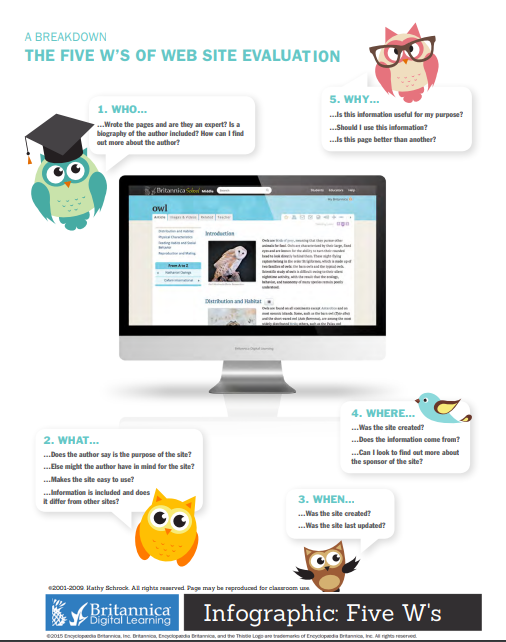
The volume of information on the Internet is growing at an exponential rate and shows no sign of slowing down. In many ways, that’s a good thing. But there’s a downside to this as well. For we have to ask: how much of this content is false, misleading, or even dangerous? How is it harming us, and what can we do about it?
Over the past few years, we’ve learned more about bad information, where it comes from and how it spreads. We know there are plenty of bad actors online who plant misleading content, often programmatically, through bots. But that’s not the end of it. When it comes to the spread of false information, we have seen the enemy, and it is us. Researchers at MIT, for example, have found that false claims are 70 percent more likely to be shared on Twitter than true ones.
And then there are the search engines, which we use religiously and generally trust the top two or three results we get, often ignoring everything that comes after. Evidence suggests that we shouldn’t.
Quick is not necessarily best
So, we as humans are required to employ critical thinking to vet the information that is presented to us. With search engines doing a wonderful job of saving us time sifting through voluminous information, one would expect people to now have more time to think and analyse.
Unfortunately, that isn’t the case. In the breakneck speed at which we operate today, we get “the” answer and move on to the next thing on our mind, which is already calling to us as we are performing an Internet search on our current topic.